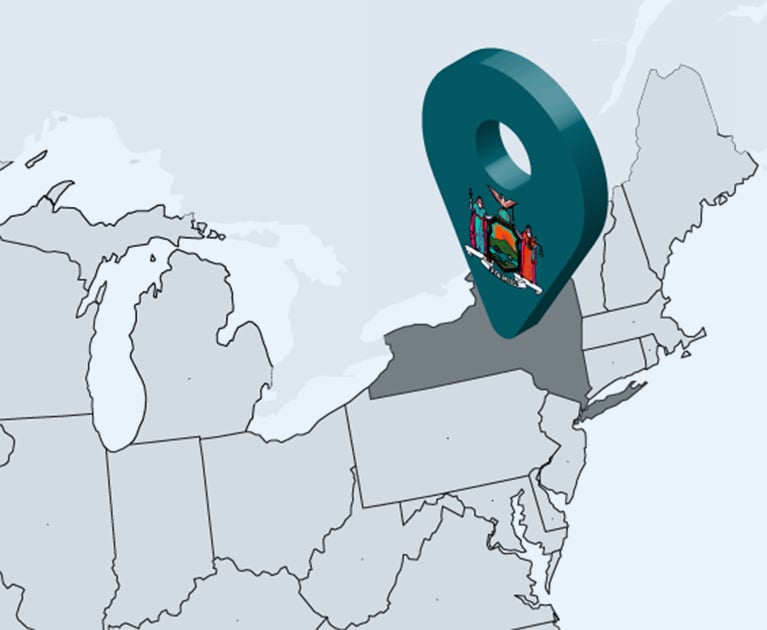U.S. prosecutors routinely seek bank records while conducting white-collar investigations and, historically, have needed to overcome significant hurdles to obtain records from foreign banks with no U.S. branches. The Patriot Act gave the U.S. Department of Treasury (Treasury) and U.S. Department of Justice (DOJ) the power to subpoena the U.S. correspondent bank of such a foreign bank, but only for records related to the correspondent account. Because foreign banks often have relationships with U.S. correspondent banks located in New York, prosecutors in New York frequently seek to use this subpoena power, notwithstanding its limits, while conducting cross-border, white-collar investigations.
U.S. prosecutors gained a new investigative tool to obtain foreign bank records when the Anti-Money Laundering Act of 2020 (AML Act) became law on Jan. 1, 2021. The AML Act greatly expands the U.S. government’s authority to subpoena records from foreign banks with no U.S. branches, and this expansion has the potential to dramatically impact future white-collar investigations.


 Photo: Cosma via Adobe Stock
Photo: Cosma via Adobe Stock




